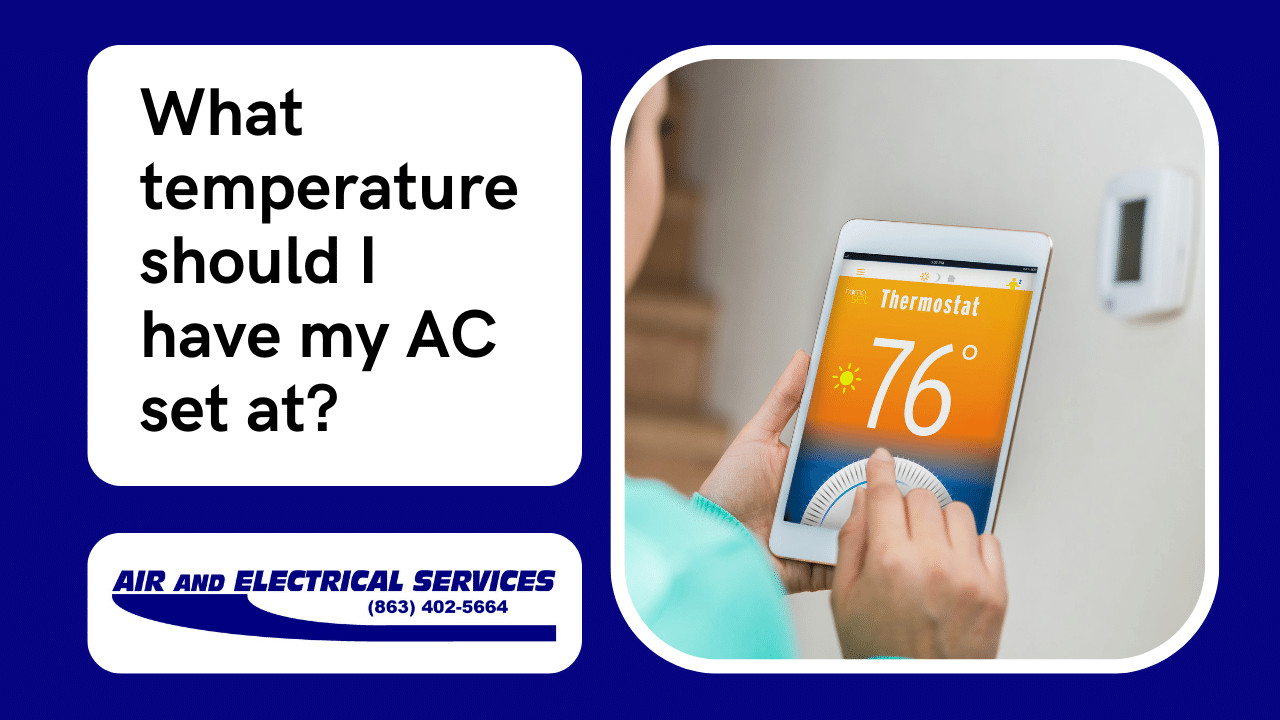What temperature should I have my AC set at?
The ideal temperature for your home will vary depending on your personal preferences, but most people find that a temperature of 74-78 degrees Fahrenheit is comfortable. Some people sleep better when the thermostat is set a little lower at night, when you are sleeping.
Should my base home temperature differ from the summer to the winter? Yes, your base home temperature should differ from the summer to the winter. In the summer, you will want to set your thermostat higher to save energy on cooling costs. In the winter, you will want to set your thermostat lower to save energy on heating costs.
The U.S. Department of Energy recommends setting your thermostat to 78 degrees Fahrenheit in the summer and 68 degrees Fahrenheit in the winter. However, you may want to adjust these temperatures up or down depending on your comfort level.
What is the optimal comfortable temperature for a home? The optimal comfortable temperature for a home is 74-78 degrees Fahrenheit. This temperature range is comfortable for most people and it is also energy efficient.
What is the optimal comfortable temperature for an office? The optimal comfortable temperature for an office is 70-73 degrees Fahrenheit. This temperature range is comfortable for most people and it is also conducive to productivity.
Here are some additional tips for setting your thermostat:
- Consider your personal preferences. Some people prefer a cooler home, while others prefer a warmer home.
- Consider the climate you live in. If you live in a hot climate, you will want to set your thermostat higher in the summer. If you live in a cold climate, you will want to set your thermostat lower in the winter.
- Consider the insulation of your home. If your home is well-insulated, you will need to set your thermostat higher in the winter and lower in the summer.
- Consider the energy efficiency of your home. Newer homes are typically more energy-efficient than older homes. This means that you may be able to set your thermostat higher in the winter and lower in the summer without using more energy.


